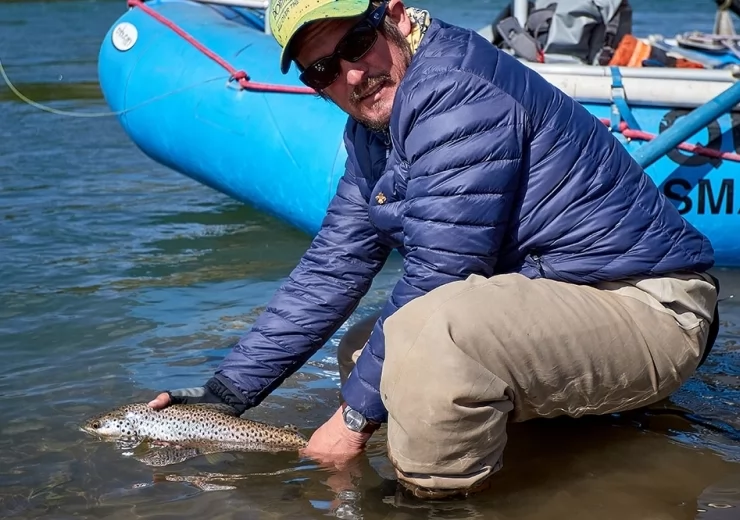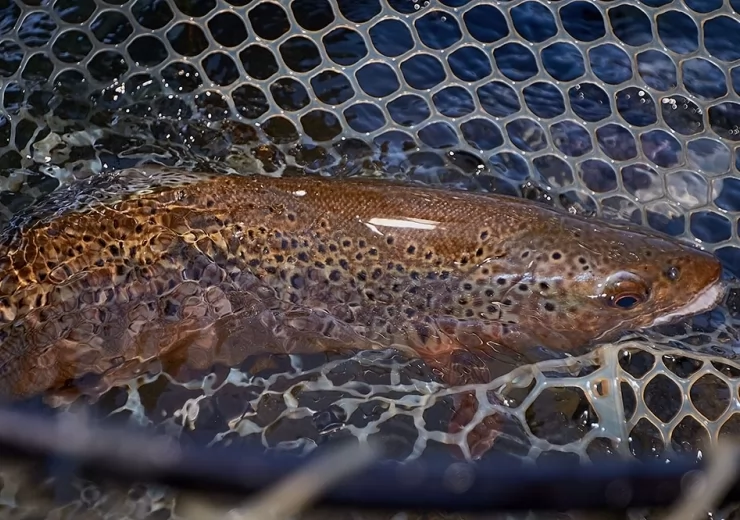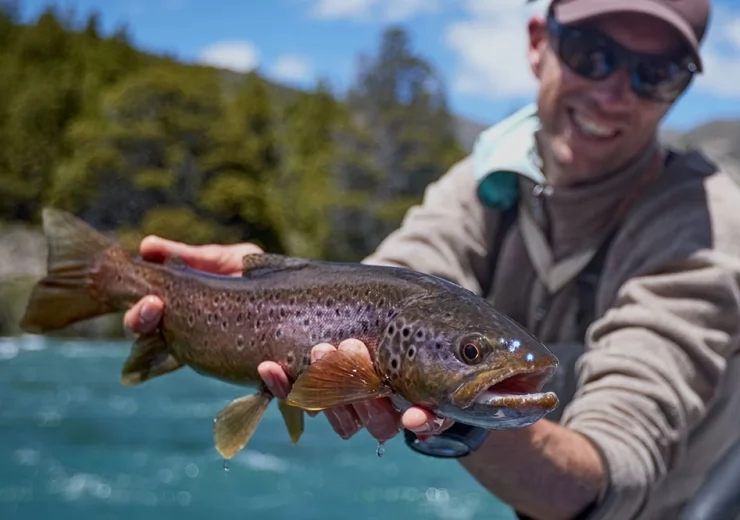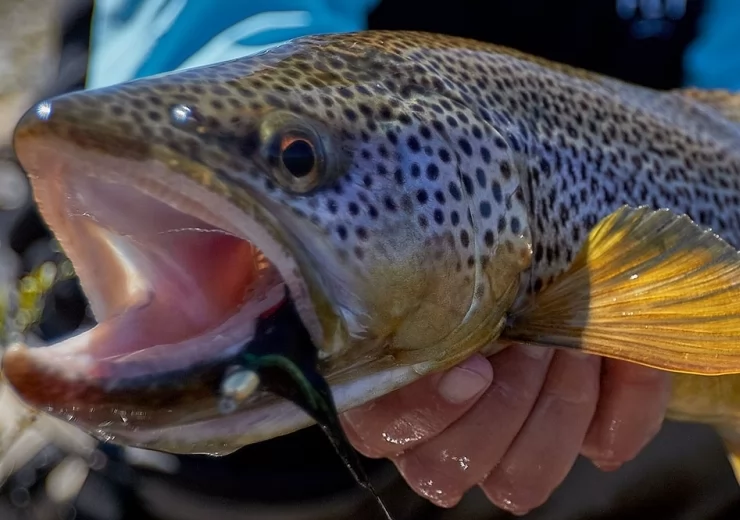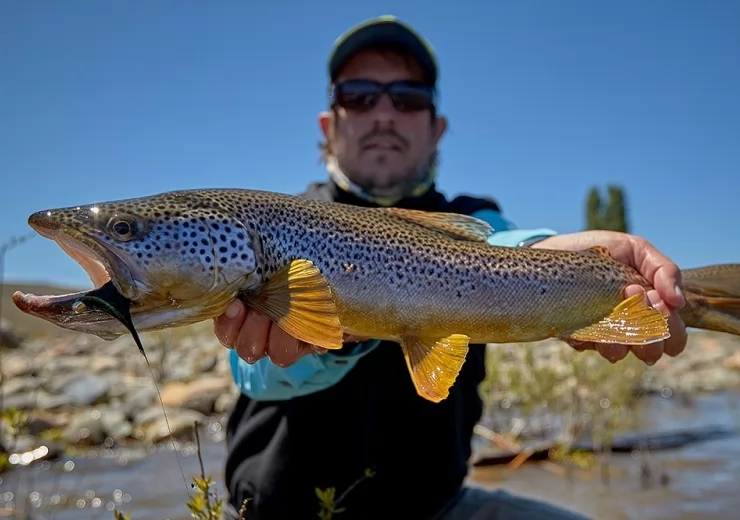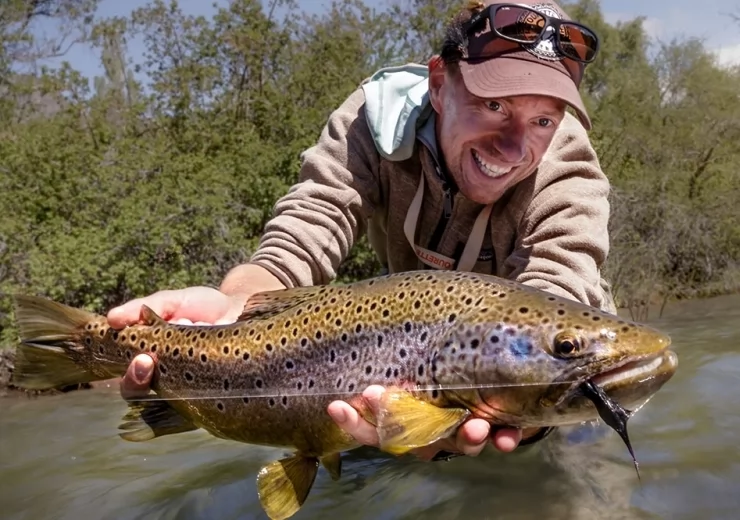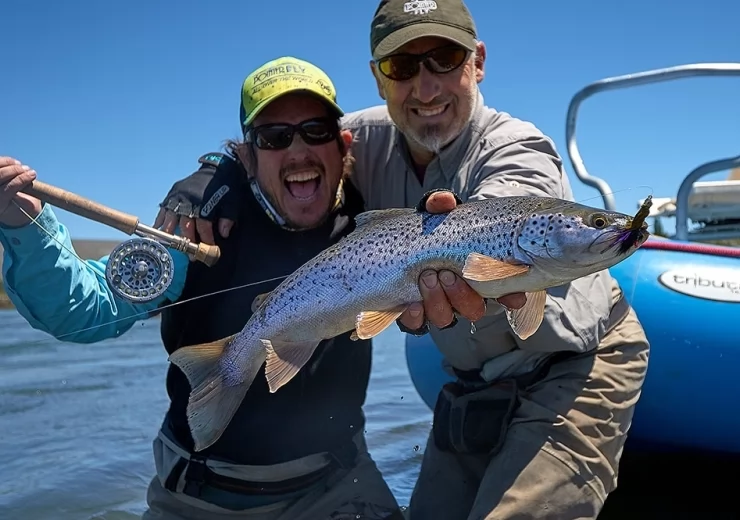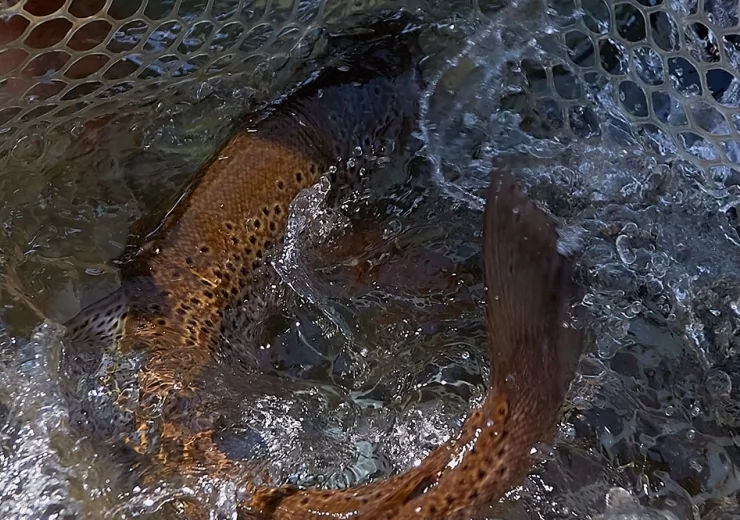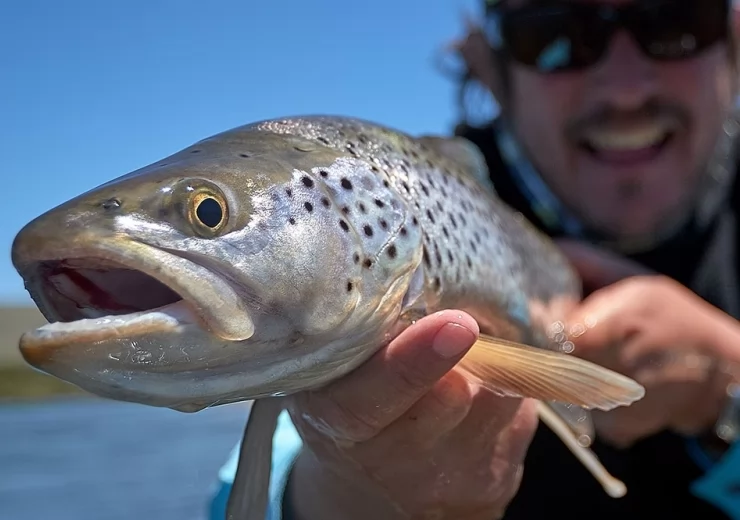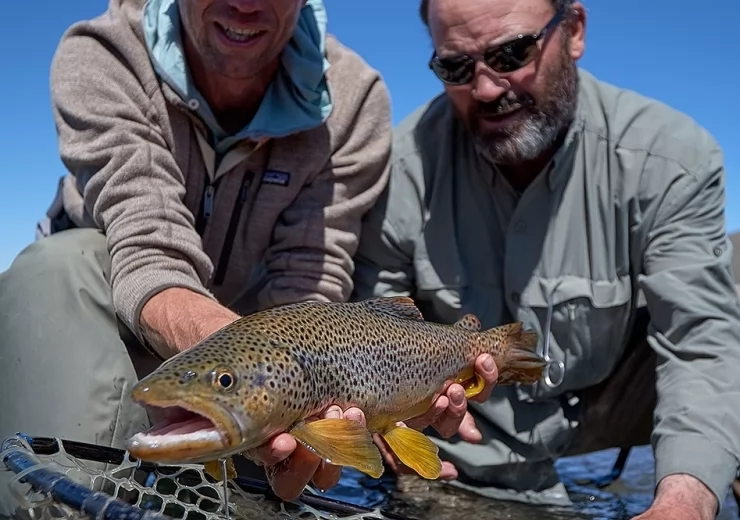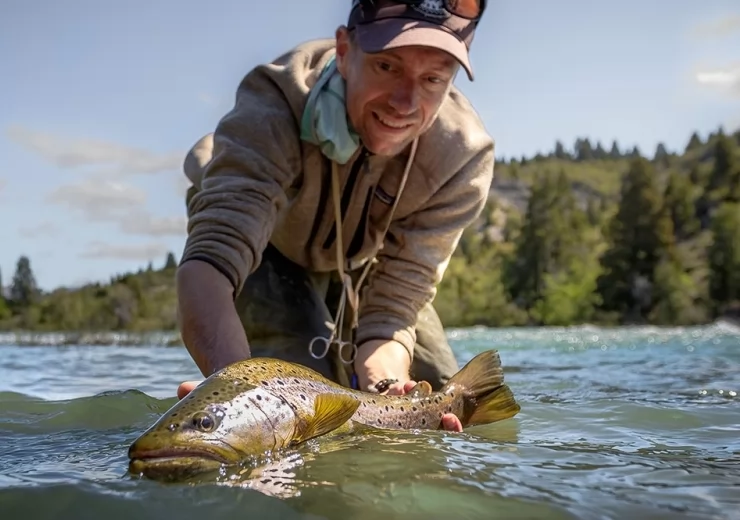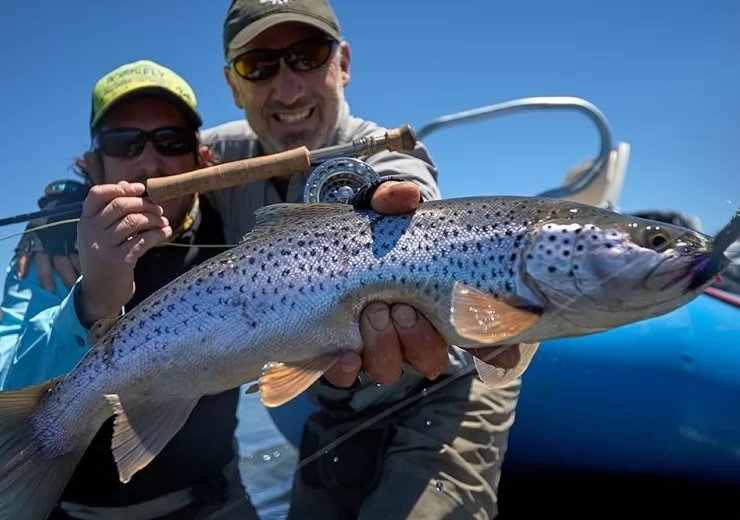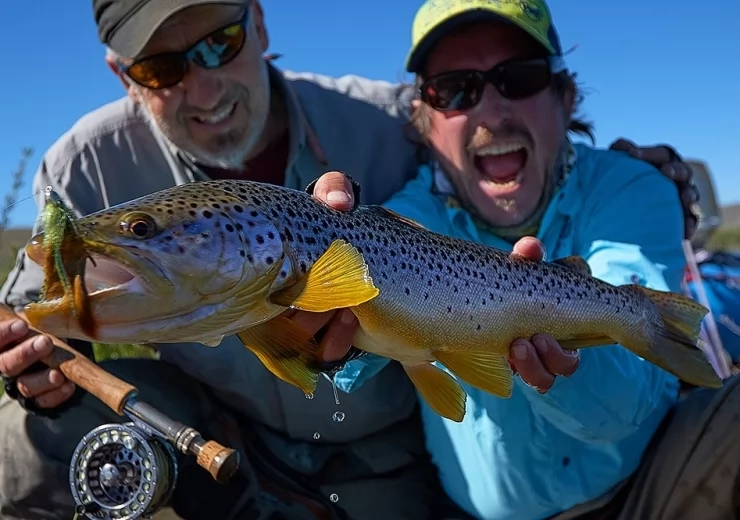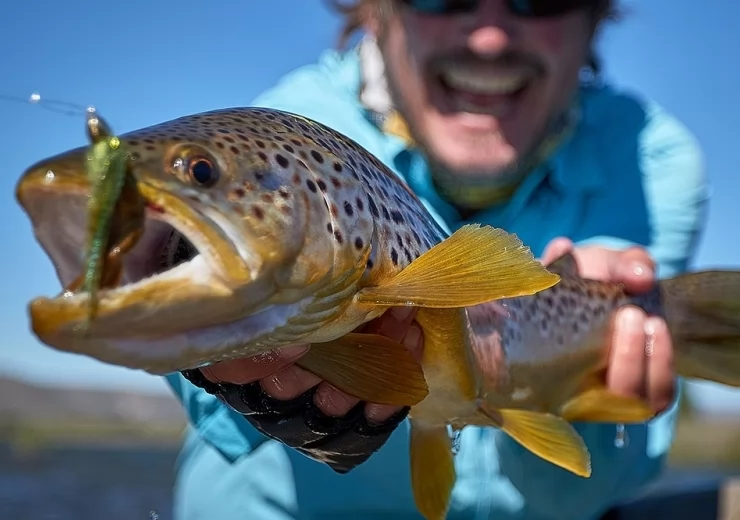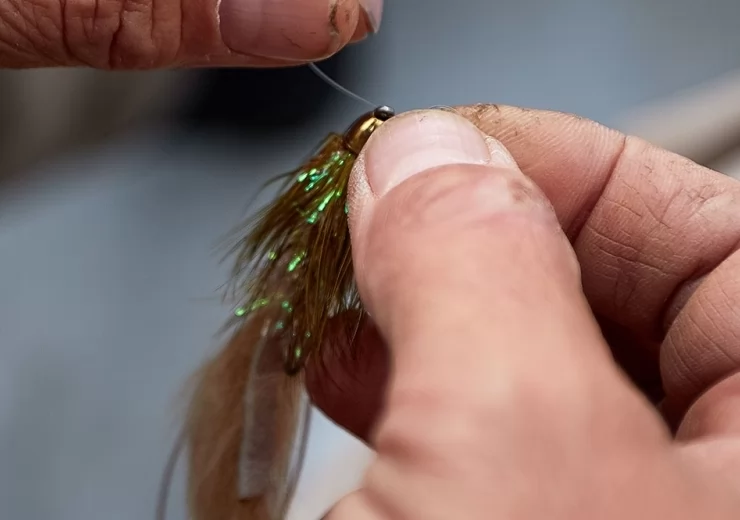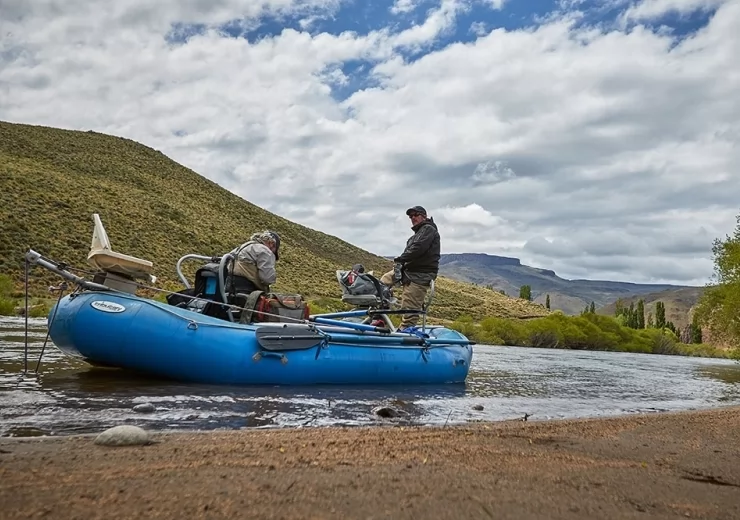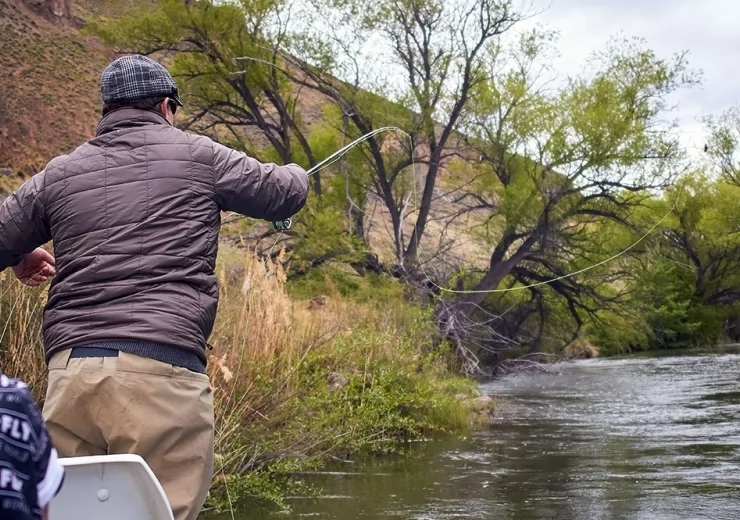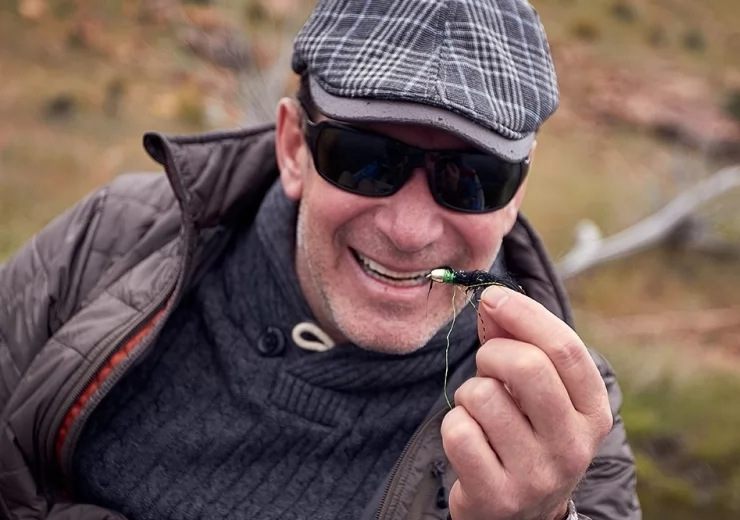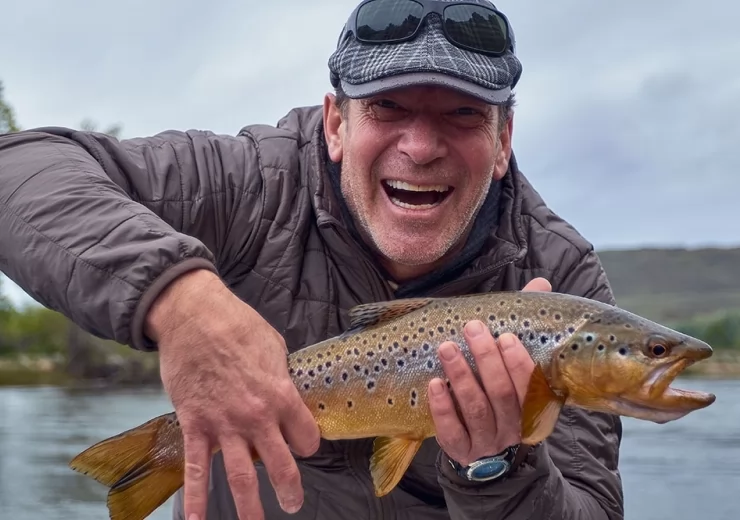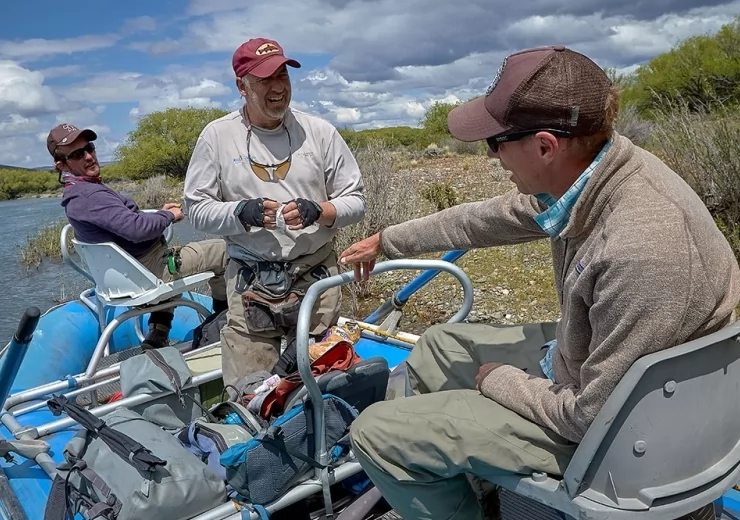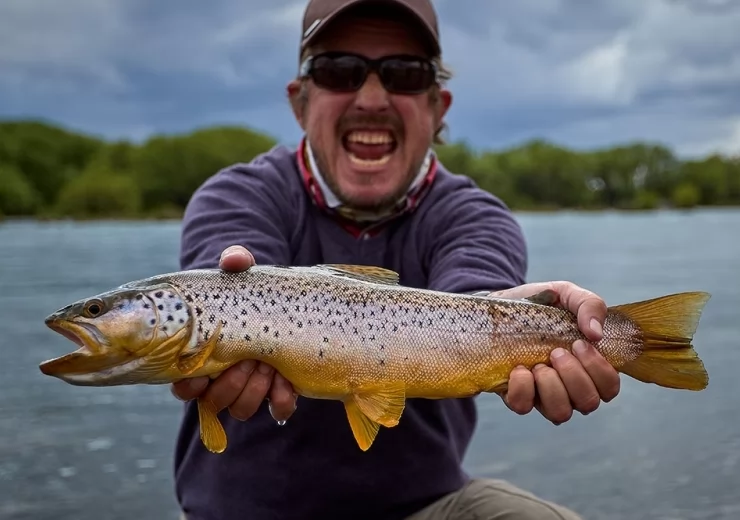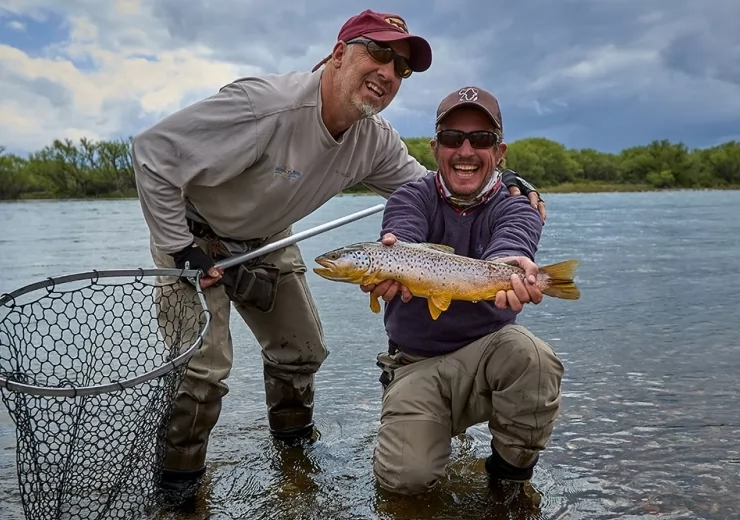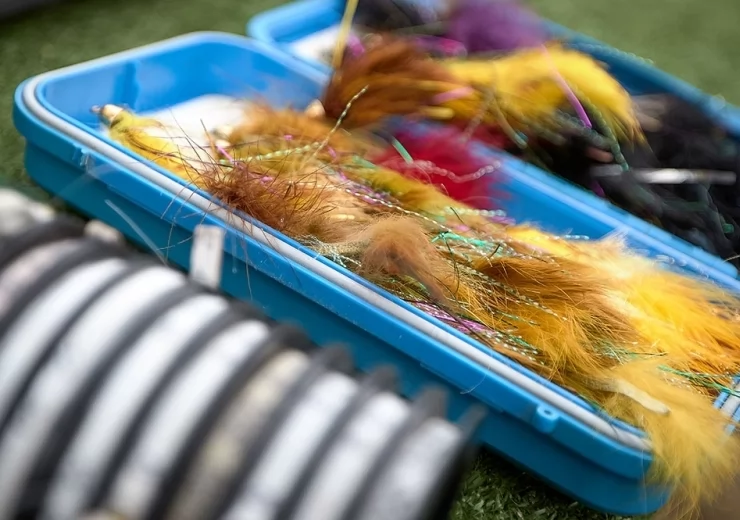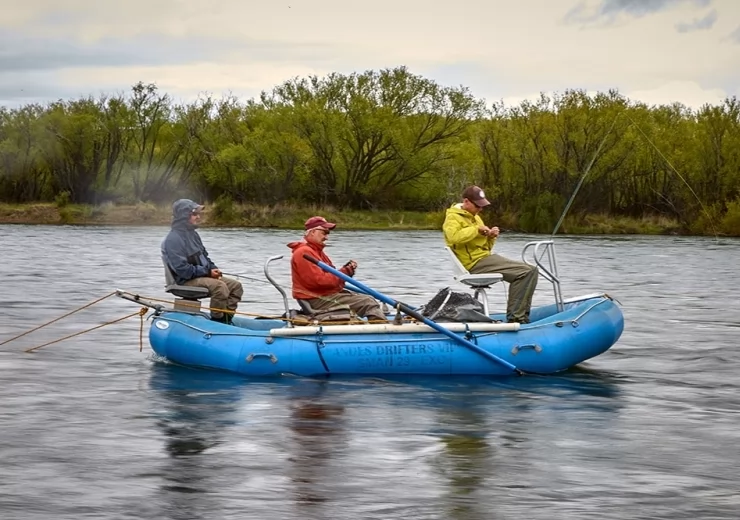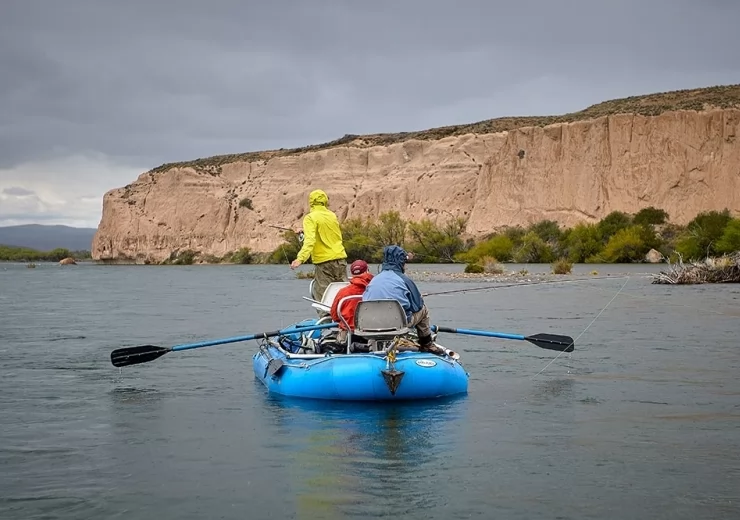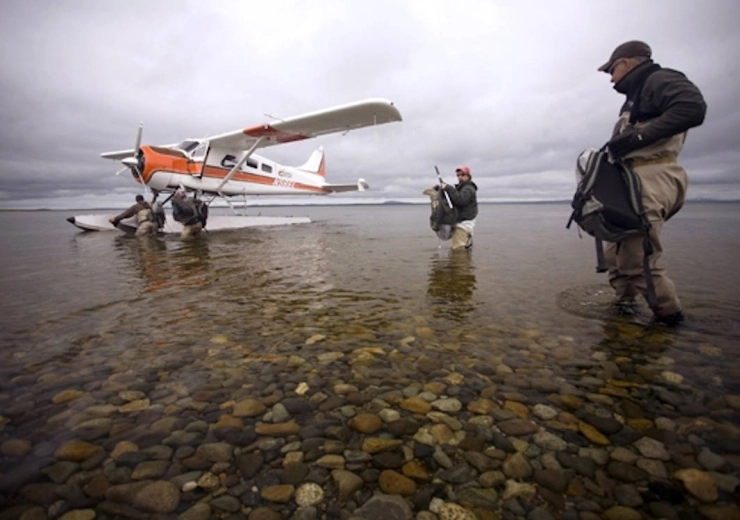Overview
Feed
Field studies have demonstrated that brown trout fed on several animal prey species, aquatic invertebrates being the most abundant prey items. However, brown trout also feed on other taxa such as terrestrial invertebrates or other fish. Moreover, in brown trout, as in many other fish species, a change in the diet composition normally occurs during the life of the fish, and piscivorous behaviour is most frequent in large brown trout. These shifts in the diet during fish life cycle transitions may be accompanied by a marked reduction in intraspecific competition in the fish population, facilitating the partitioning of resources.
Brown trout consume aquatic insects, salamanders, frogs, worms, crustacean mollusks, and other fish. In the sea, they eat alewives and other small fish.
Habitat
Brown trout have been widely introduced into suitable environments around the world, including North and South America, Australasia, Asia, and South and East Africa. Introduced brown trout have established self-sustaining, wild populations in many introduced countries.
The fishing and equipment
They can be found in deep pools, overgrown vegetation, or hiding near rocks. Many anglers recommend fishing for them near piers, while others only consider fly fishing in streams. For fly fishing, dry fly or crawfish imitation can be used. A fly rod of 9 ft. length and 5 weight will wield for excellent results. They can use a line of 4-6 weight.

